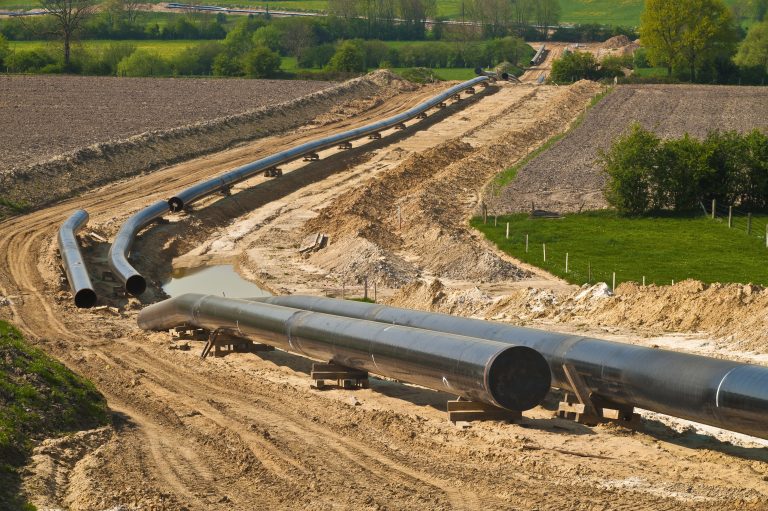Historic Energy Milestone: U.S. Petroleum Net Exporter for First Time Since 1973
InsideSources recently published an opinion editorial by Andrew Cline, president of the Josiah Bartlett Center for Public Policy in New Hampshire, in which he discusses a remarkable milestone for American energy: for the first time since 1973, the U.S. exported more petroleum products than it imported in the month of September.
Despite this landmark achievement for energy independence, it has barely made its way into mainstream media coverage. As we’ve seen with the 2020 Democratic presidential candidates, many politicians and activists have advocated for steering away from fossil fuels in favor of renewable energy options, while ignoring some inconvenient facts.
Candidates and activists have given little regard to American history and the potential impact on consumers should traditional energy sources like natural gas be limited or banned. Cline notes:
“With the United States producing an abundance of energy, the old concerns about blackouts, shortages and astronomical prices have faded. Taking energy abundance for granted, politicians and activists have shifted to demanding that the energy comes from cleaner sources.
“The big energy stories are no longer U.S. production, but demands by activists and politicians to shift completely away from fossil fuels. Since Berkeley, Calif., banned natural gas hookups for new homes and businesses earlier this year, other communities across the country are considering following suit. In Massachusetts, with some of the highest energy costs in the U.S., Brookline, Mass., passed a similar ban, which is inspiring other communities in Massachusetts to do the same.”
The movement against natural gas is concerning, especially since it has played a critical role in lowering US carbon emissions from the electric sector considering it emits as much as 55% less carbon dioxide than coal. Despite the environmental benefits, affordability, and accessibility of natural gas – many of the presidential candidates have called for banning fracking and the construction of new energy infrastructure. Just this past week, presidential candidate and former New York City Mayor Michael Bloomberg claimed natural gas is “going to be worse than coal.”
These policies are shortsighted, and while they might play well during the Democratic primary, our nation relies heavily on natural gas and the need for this resource is expected to increase in coming years. As Cline points out:
“The EIA had predicted September’s net petroleum export milestone. This month, it predicted that “the share of U.S. total utility-scale electricity generation from natural gas-fired power plants will rise from 34 percent in 2018 to 37 percent in 2019 and to 39 percent in 2020” while coal’s share will fall from 28 percent in 2018 to 22 percent in 2020.” With record domestic energy production, it is deeply important that we continue to support and invest in further developing our energy resources and infrastructure network to move our country forward.

